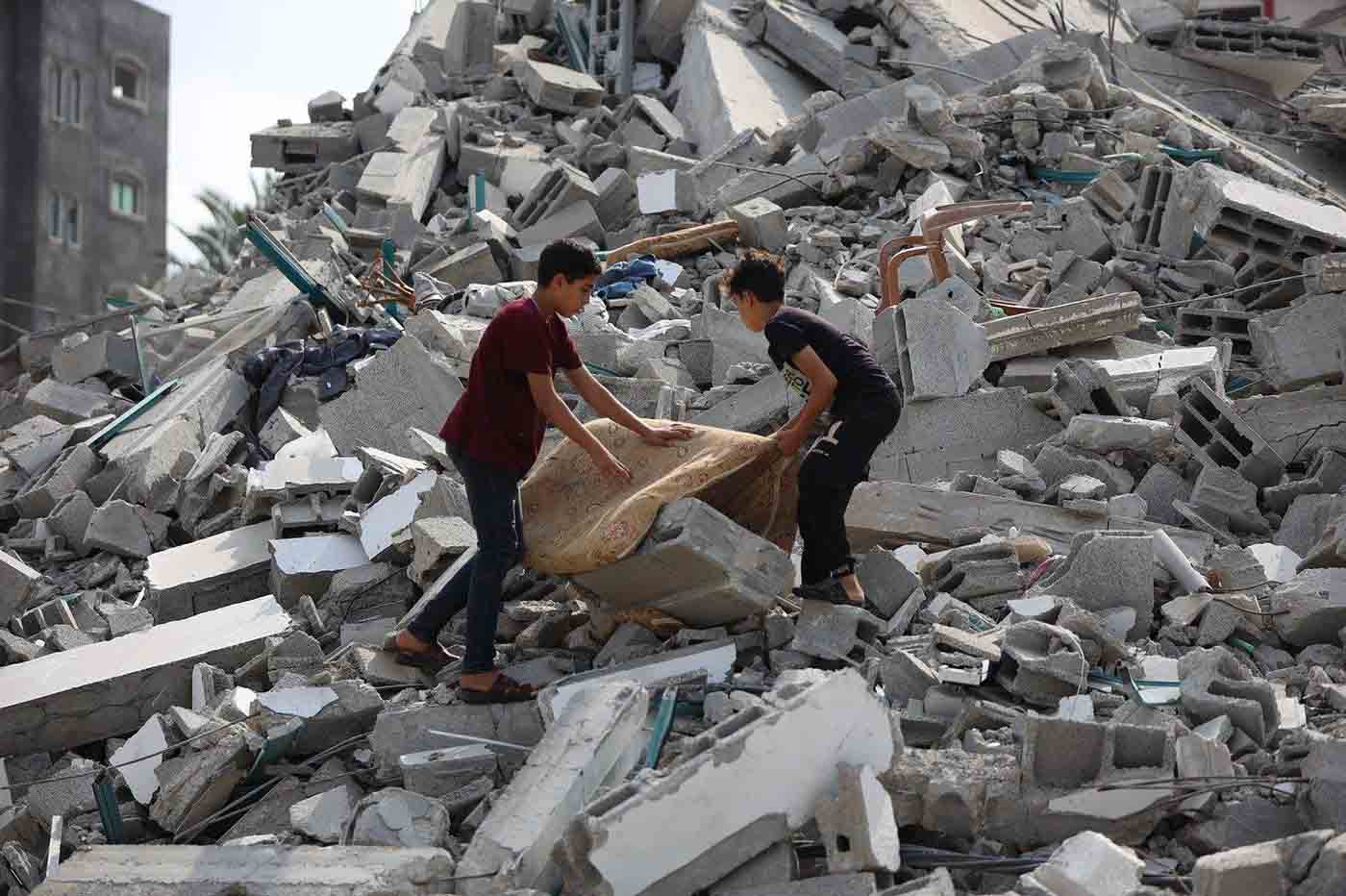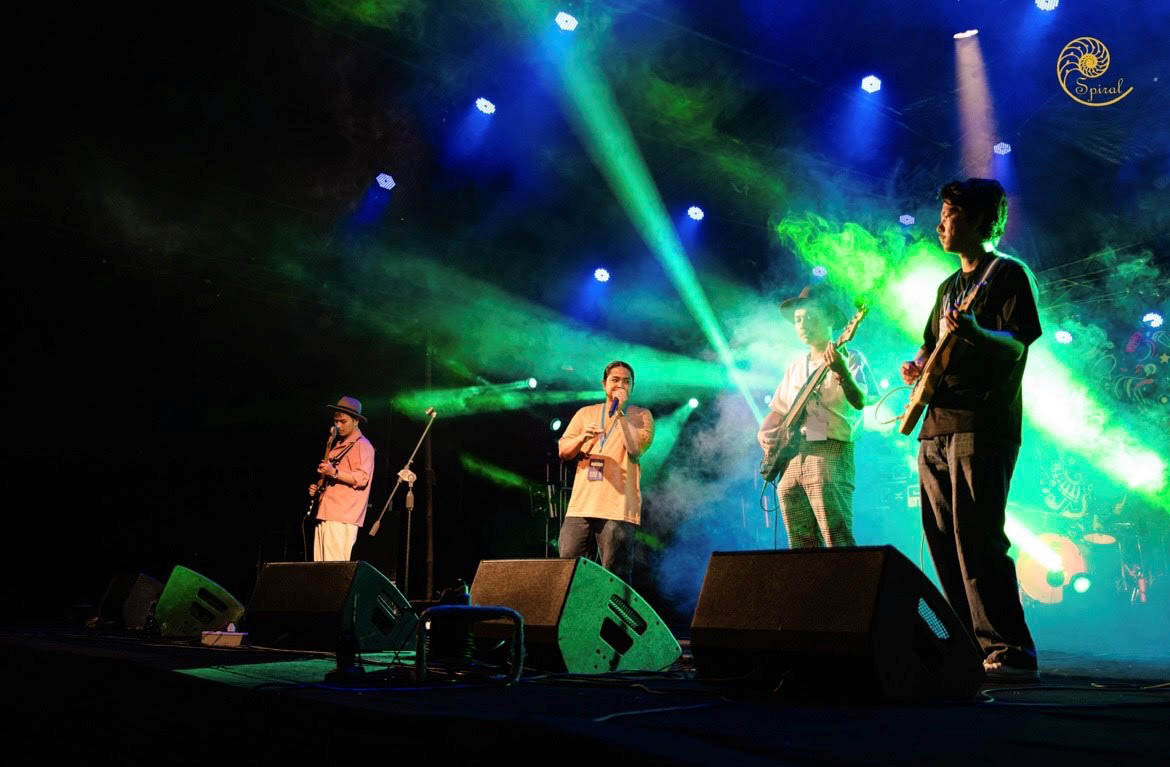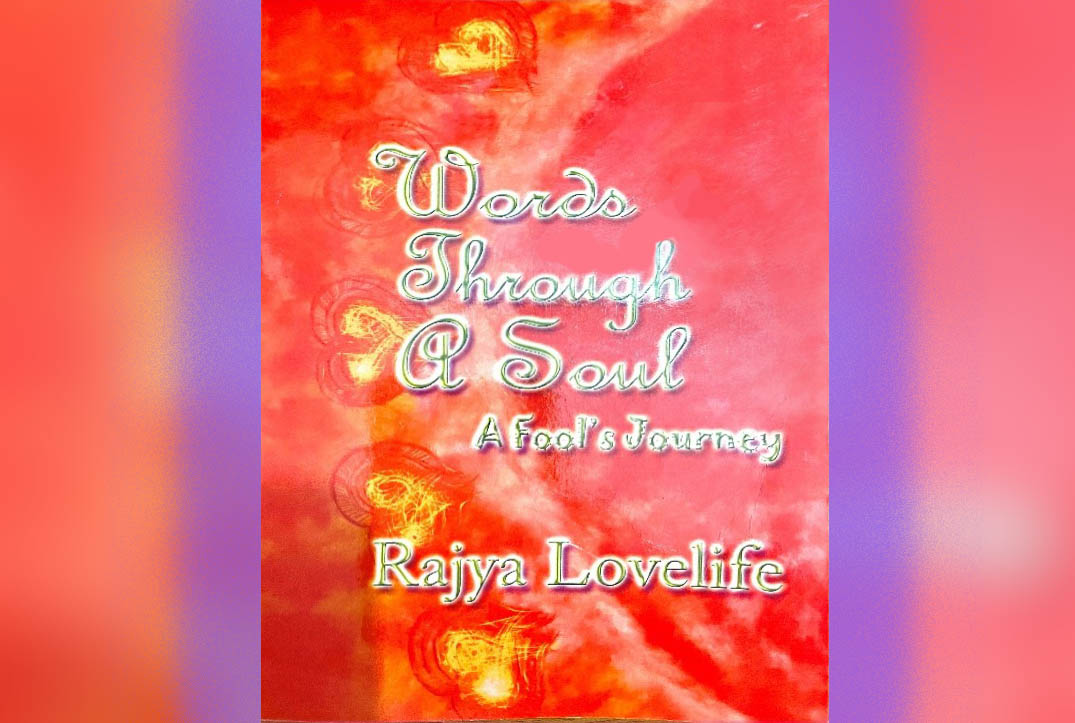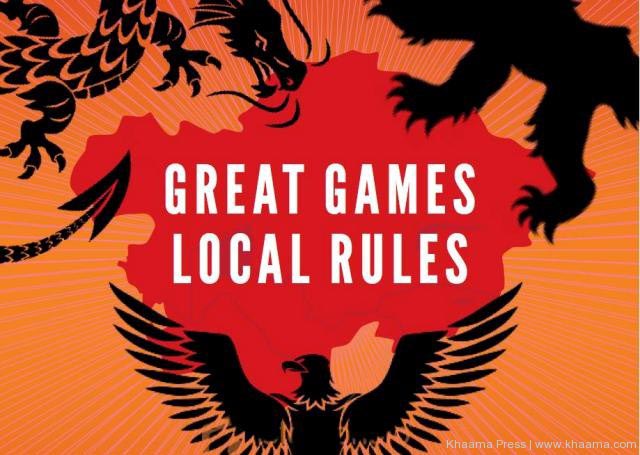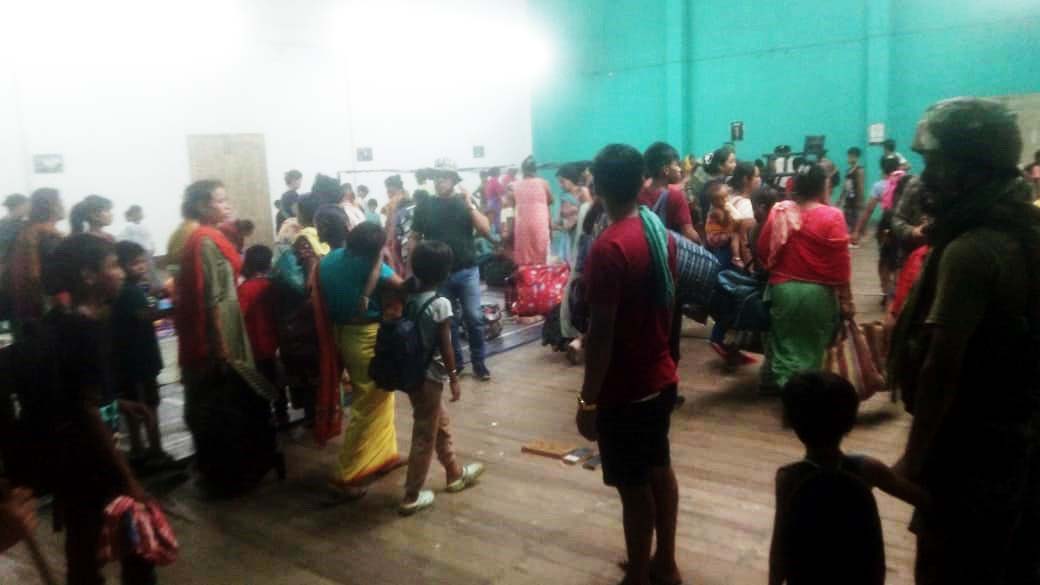By Vineet Thakur, Leiden University and Peter Vale, University of Pretoria in Leiden
A US politician allegedly said the ICC was ‘built for Africa and thugs like Putin’ and in a way they were right. That might now be finally changing.
Israel’s most recent bombing of a refugee camp in Rafah, which killed at least 45 Palestinians, flew in the face of international law.
The visuals of decapitated and incinerated Palestinians, including children, came days after the International Court of Justice (ICC) instructed Israel to halt its operations in Rafah and ICC prosecutor Karim Khan applied for arrest warrants against Hamas and Israeli leaders, including Prime Minister Benjamin Netanyahu.
The move was greeted with anger in the United States, a country not a party to the ICC with a record of hostility towards the Court. Last year, long before the recent ICC action, Republican Senator Tom Cotton proposed sanctions that would target ICC officials unless the court ceased action against people protected by the US and its allies. An updated version of Cotton’s proposal, the Illegitimate Court Counteraction Act, was passed by the US House of Representatives on June 4.
Khan said that a senior US politician told him the ICC was a ‘court built for Africa and thugs like Putin’. That is hardly revealing. One only has to look at the Court’s list of warrants — out of the 42 arrest warrants issued, 39 are for Africans and the remaining three are against Russians and Georgians.
As criminologist and professor Kamari Clarke has argued, the reasons for this are structural.
The ICC’s remit of core crimes focuses on forms of mass violence most prevalent in Africa and Latin America. During negotiations for setting up the Court between 1998 and 2002, issues like ‘colonial domination and other forms of alien domination; apartheid; recruitment, use, financing, and training of mercenaries; willful and severe damage to the environment; international terrorism; and illicit traffic in narcotic drugs’ were explicitly excluded.
In the case of Israel’s war on Gaza, the great powers have been mostly hesitating, obfuscating or, as in the case of the US and European states, actively helping Israel’s offensive, accused of being genocidal in nature, with arms and diplomatic support.
Stanford University’s Stephen Krasner coined the phrase “Organised Hypocrisy”, aptly describing the behaviour of great powers concerning international law. Given that great powers have traditionally been Western states, scholarship on Third World Approaches to International Law has insisted that international law originates in and continues to perpetuate a colonial world order.
Justice, it is often held, aims to protect the weak against the strong. In domestic politics, the state, which enforces the law, floats above the fray. Undoubtedly, there are cases when the state is also subject to its own law or the Constitution.
However, as theorists from the controversial pro-Nazi jurist Carl Schmitt (1888-1985) onwards have argued, a state (or the sovereign) retains the right to suspend the constitution and declare a state of emergency (the German word for this is Ausnahmezustand).
There is no such overarching authority in international politics. International law relies on the willingness of state actors to abide by it, codified in treaty arrangements between them.
Put in layperson’s language, there is no world government and no global ‘police force’ to bring perpetrators to book. Hence, enforcement depends on the willingness of the more powerful set of states to take action. This means that law becomes the handmaiden of great powers, an ordering mechanism through which great powers govern the world.
The post-World War Two legal infrastructure — from the Nuremberg Trials onwards — was built primarily as a response to the Holocaust. Jewish persecution defined the moral boundaries of this legal understanding.
The Holocaust becomes the ultimate crime — the crime that births the word genocide. This framing generates the kind of bafflement Western leaders and states have shown at South Africa’s hauling of Israel to the ICJ and Kareem Khan’s application for the prosecution of Israeli officials.
Every other future crime, including colonialism, is expected to remain subservient to the horror of a moment that birthed this consciousness of law.
Hence, the legal activism on Palestine has had to contend against the inertia. As legal scholars Noura Erakat and John Reynolds argue, Palestinians have attempted to invoke ICC’s jurisdiction over Gaza since 2008.
It took 12 years for the ICC to finally agree that its jurisdiction holds in Palestine, while Israel continued to act with absolute impunity in Gaza. Israel’s current actions in Gaza have been enabled by the long impunity that Israel has enjoyed on international platforms.
Hence, although Israel has been called an apartheid state by several international agencies (ironically, the first person to refer to Israel as an apartheid state was the South African architect of apartheid, Hendrik Verwoerd), its leaders are unaccountable for those crimes.
From 2008 to the onset of the current war in Gaza, Israel killed nearly 7000 Palestinians, but the often ignored number is the injuries. Almost 158,000 Palestinians sustained serious injuries.
If mass killing through bombing and starvation is what Israel is doing now, before October 7, it engaged in deliberate policies of debilitating the Palestinian population, through mass maiming and undernourishment. Israel’s approach to Palestinians may not have crossed the threshold of killing to qualify as genocide, but it made life in general unlivable.
What makes the current Israeli violence possible is what Human Rights Watch describes as the infrastructure of apartheid that it always had ready and simmering. Genocides are never produced spontaneously.
To critics of the way international law has been unevenly applied, the current legal activism is desirable and welcome, but this does not excuse the reason why this has been so delayed in the case of Palestine.
Vineet Thakur is an Assistant Professor in International Relations and History at Leiden University
Peter Vale is Senior Research Fellow, Centre for the Advancement of Scholarship, University of Pretoria
Originally published under Creative Commons by 360info™.



